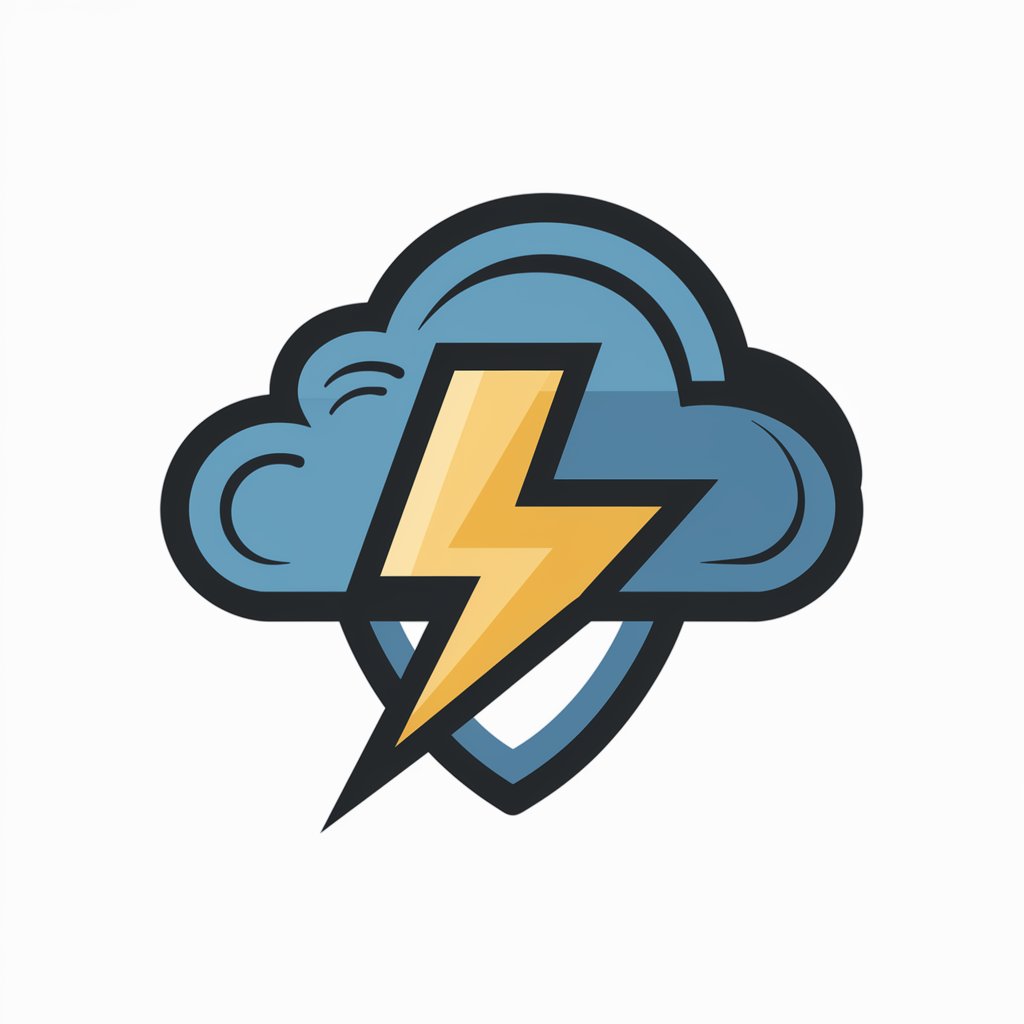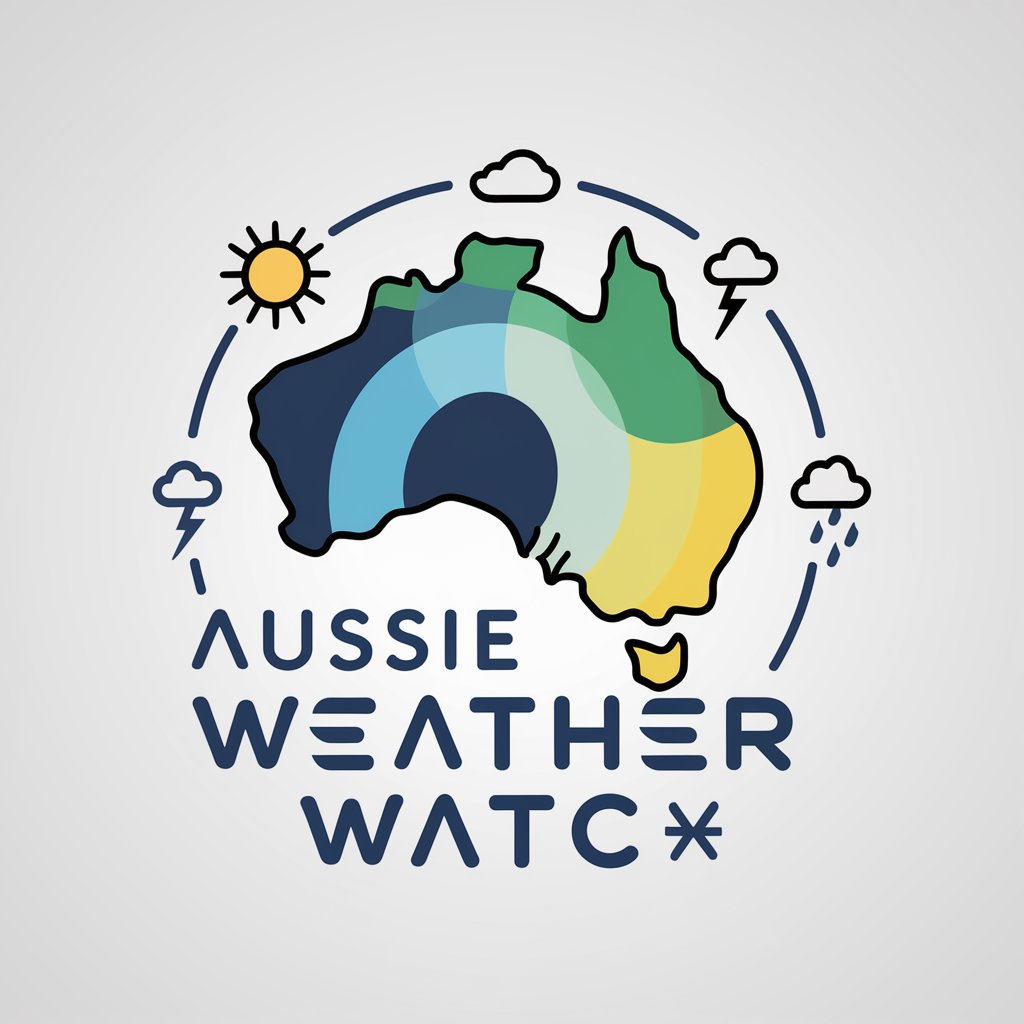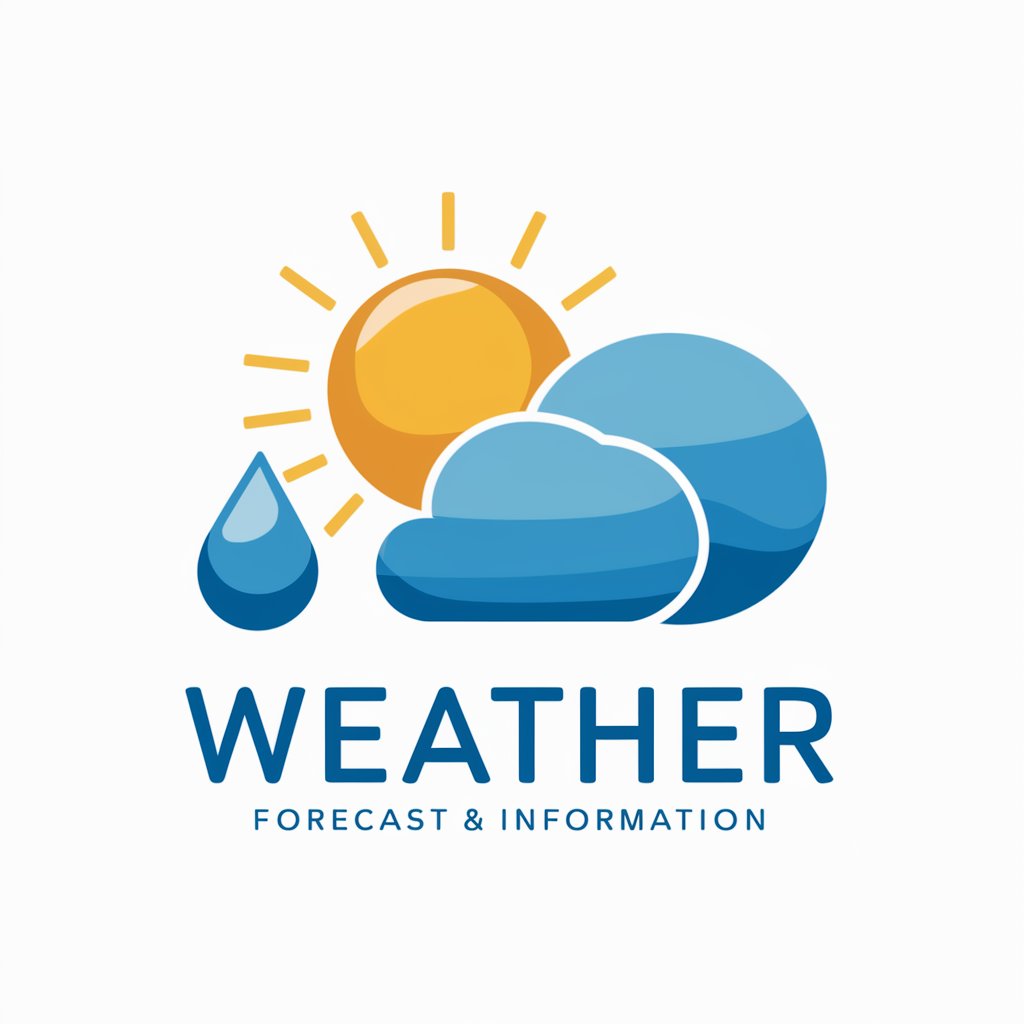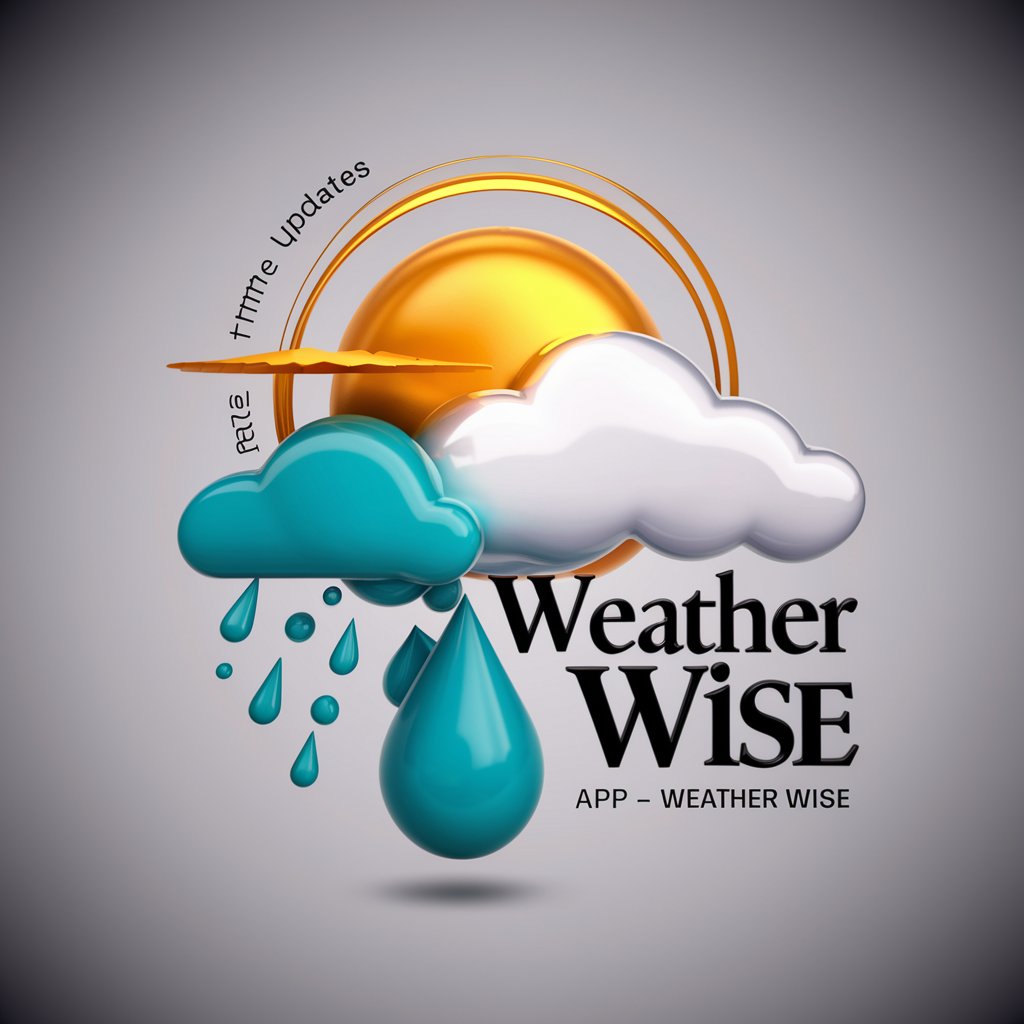
Weather Warnings in your area - real-time weather alerts

Stay safe with the latest weather alerts.
Stay safe with AI-driven weather alerts
Check the latest weather warnings for your area
Find current weather alerts and advisories
Stay informed about potential weather hazards in your location
Get real-time updates on severe weather conditions near you
Get Embed Code
Overview of Weather Warnings in Your Area
Weather Warnings in your area is a specialized tool designed to provide up-to-date weather warnings, alerts, and advisories. Its primary purpose is to inform users about potential weather-related hazards in specific locations. This system integrates real-time data to deliver timely warnings about severe weather conditions such as storms, floods, hurricanes, and extreme temperatures. For example, during a hurricane season, it can alert residents of coastal areas about incoming hurricanes, expected landfall times, and safety precautions. Powered by ChatGPT-4o。

Core Functions of Weather Warnings in Your Area
Real-Time Weather Alerts
Example
Issuing notifications when a tornado warning is declared in Oklahoma.
Scenario
A family in Oklahoma receives a real-time alert about an imminent tornado, allowing them ample time to seek shelter or evacuate if necessary.
Detailed Weather Advisories
Example
Providing comprehensive details on winter storm advisories in New York.
Scenario
Before a major snowstorm hits, residents of New York are informed about expected snowfall amounts, potential road closures, and recommended safety measures.
Safety Recommendations
Example
Offering guidance on precautions during a heatwave in Arizona.
Scenario
As a heatwave strikes, people in Arizona receive advice on hydration, cooling centers, and how to avoid heat-related illnesses.
Target Users of Weather Warnings in Your Area
Residents in Weather-Prone Areas
Individuals living in regions frequently affected by severe weather (like Tornado Alley or hurricane zones) benefit from real-time alerts and safety advisories that help them prepare for and respond to weather events.
Emergency Response Teams
First responders and disaster management teams use the service to stay updated on emerging weather conditions, optimizing their response strategies and resource allocation.
Outdoor Event Planners
Planners of outdoor activities, from sports events to festivals, rely on timely weather information to make critical decisions about event postponements or cancellations to ensure public safety.

How to Use Weather Warnings in Your Area
Step 1
Access yeschat.ai for a free trial without needing to login, nor requiring a subscription to ChatGPT Plus.
Step 2
Enter your current location or the location you want weather updates for in the search bar to receive localized weather alerts.
Step 3
Review the list of current weather warnings, which may include advisories, watches, and warnings specific to your area.
Step 4
Click on specific warnings to get more detailed information about potential risks and recommended safety measures.
Step 5
Set up notifications if available, to receive real-time updates directly to your device for ongoing alertness and preparation.
Try other advanced and practical GPTs
Don't panic!
Turn your fears into fun!

PPC Specialist (Pay Per Click) : Kathy Warner
Expert PPC insights at your fingertips

VX Making emojis
Transform Images into Emojis Effortlessly

Atlas Shrugged Universe
Explore Ayn Rand's world interactively

Hatchet Halper
Explore 'Hatchet' with AI-powered insights

Scrug Designer
Designing Future, Powered by AI

Elijah Hope
Navigate Life with AI Wisdom

Basketball
Empowering Your Creativity with AI

Basketball GPT
AI-driven NBA expertise at your fingertips

Basketball recap
Revolutionizing Basketball Insights with AI

Basketball Outcome Match Predictor 1.0
Unlock AI-driven insights for every game.

College Basketball Prediction
Predict, Analyze, Win: AI-Powered Basketball Insights

Detailed Q&A about Weather Warnings in Your Area
What types of weather warnings can I find using this tool?
You can find a range of weather warnings including thunderstorm warnings, flood alerts, tornado watches, severe weather advisories, and winter storm warnings tailored to specific locations.
How real-time are the weather warnings provided?
The tool provides near real-time updates. As soon as local meteorological services release warnings, our system updates these alerts to ensure you receive timely information.
Can I get weather warnings for areas other than my current location?
Yes, you can enter any location worldwide into the search field to receive weather warnings specific to that area, which is useful for planning travel or checking on friends and family.
Is there a way to see past weather warnings?
Typically, this tool focuses on current and future warnings. However, for a review of past weather events and warnings, users may need to check historical data directly from local meteorological websites.
What should I do if I receive a severe weather warning?
Take immediate precautions as advised in the warning details. This may include moving to a safe location, securing outdoor objects, or preparing for potential evacuations, depending on the severity of the alert.





